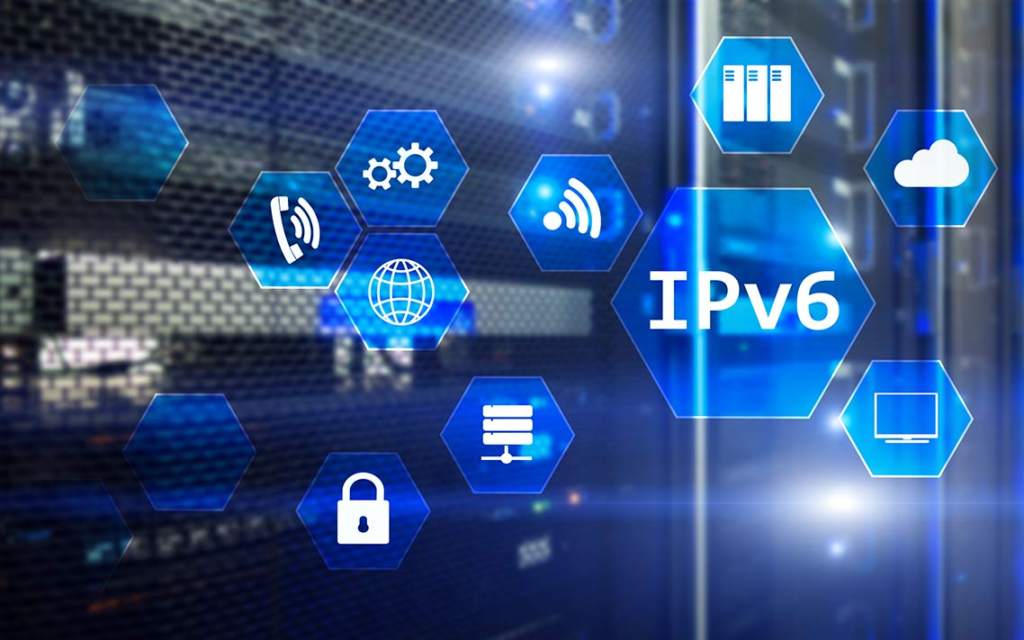Introduction
In the vast realm of internet connectivity, IP addresses serve as the foundational elements that facilitate communication between devices. Each device connected to the internet is assigned a unique IP address, ensuring accurate routing of data. However, not all IP addresses encountered are valid. One such example is “185.63.2253.200,” which, at first glance, appears to be a standard IPv4 address but is, in fact, invalid. This article delves into the intricacies of IP address structures, the reasons behind the invalidity of certain addresses like 185.63.2253.200, potential implications of encountering such addresses, and best practices for network administrators and users.
Understanding IPv4 Address Structure
An IPv4 address comprises four numerical segments, known as octets, separated by periods. Each octet represents an 8-bit number, ranging from 0 to 255. This structure allows for approximately 4.3 billion unique addresses. For instance, a valid IPv4 address would look like “192.168.1.1”. The address “185.63.2253.200” deviates from this standard, as the third octet, “2253,” exceeds the maximum allowable value of 255, rendering the entire address invalid.
Reasons for Encountering Invalid IP Addresses
Encountering an invalid IP address like 185.63.2253.200 can stem from various factors:
- Typographical Errors: Manual entry mistakes can lead to incorrect IP addresses.
- Data Corruption: System logs or network tools might record IP addresses inaccurately due to software glitches.
- Software Bugs: Misconfigured software or outdated systems may generate malformed IP addresses.
- Malicious Activity: Cyber attackers might use fake or malformed IP addresses to obfuscate their identity or mislead users.
- Misinterpretation: Users unfamiliar with IP address structures might misread or misinterpret the numbers.
Understanding these causes is crucial for diagnosing network issues and ensuring data integrity.
Potential Risks Associated with Invalid IP Addresses

While an invalid IP address like 185.63.2253.200 cannot be assigned to any device, its presence in network logs or communications can indicate underlying issues:
- Configuration Issues: Repeated occurrences might suggest misconfigured devices or software.
- Security Concerns: Malicious entities might use such addresses to bypass security measures or conduct reconnaissance.
- Data Integrity: Frequent invalid entries can compromise the accuracy of network monitoring tools.
- Operational Disruptions: Misrouted data packets due to incorrect IP addresses can lead to communication breakdowns.
- Resource Wastage: Time and resources might be spent investigating non-existent entities.
Proactively addressing these risks ensures robust network security and operational efficiency.
Validating IP Addresses: Best Practices
To ensure the accuracy and validity of IP addresses within a network:
- Automated Validation: Implement software tools that automatically validate IP addresses against standard formats.
- Regular Audits: Periodically review network logs to identify and rectify anomalies.
- User Training: Educate users on the correct format and significance of IP addresses.
- Update Systems: Ensure all software and firmware are up-to-date to prevent glitches that might generate invalid addresses.
- Implement Access Controls: Restrict manual entry of IP addresses to trained personnel to minimize errors.
Adhering to these practices enhances network reliability and security.
Tools for IP Address Verification
Several tools and platforms can assist in verifying the validity and details of IP addresses:
- IPinfo.io: Provides comprehensive details about IP addresses, including geolocation and ISP information.
- WhatIsMyIPAddress.com: Offers insights into the origin and potential risks associated with specific IP addresses.
- IP2Location: Delivers geolocation data and other pertinent information about IP addresses.
- SpeedGuide.net: Assists in analyzing IP addresses and network configurations.
- IPNetInfo: A utility that retrieves all available information about an IP address, including the owner and contact details.
Utilizing these tools can aid in swiftly identifying and addressing issues related to invalid IP addresses.
The Importance of Accurate IP Addressing
Accurate IP addressing is paramount for several reasons:
- Efficient Communication: Ensures data packets reach the correct destination without delays.
- Network Security: Accurate IP addresses help in monitoring and preventing unauthorized access.
- Resource Allocation: Proper IP management facilitates optimal utilization of network resources.
- Troubleshooting: Simplifies the process of diagnosing and resolving network issues.
- Compliance: Certain industries require accurate IP tracking for regulatory compliance.
Maintaining accurate IP address records is thus integral to the overall health of a network.
Differentiating Between IPv4 and IPv6

While IPv4 addresses, like 185.63.2253.200, consist of four octets, IPv6 addresses are composed of eight groups of four hexadecimal digits. IPv6 was introduced to address the exhaustion of IPv4 addresses and offers a significantly larger address space. Understanding the differences between these protocols is essential for network administrators, especially during transitions or dual-stack implementations.
Conclusion
The IP address “185.63.2253.200” serves as a pertinent example of how deviations from standard formats can have implications in network operations. Recognizing and addressing such anomalies is crucial for maintaining network integrity, security, and efficiency. By understanding the structure of IP addresses, the reasons behind invalid entries, and employing best practices and tools for validation, organizations can ensure robust and reliable network infrastructures.
Frequently Asked Questions (FAQs)
Q1: Why is 185.63.2253.200 considered an invalid IP address?
A1: In IPv4 addressing, each segment (octet) must be a number between 0 and 255. The third octet in 185.63.2253.200 is “2253,” which exceeds this range, rendering the address invalid.
Q2: Can encountering an invalid IP address indicate a security threat?
A2: Yes, while it might be a typographical error, repeated occurrences of invalid IP addresses can suggest misconfigurations or malicious activities, such as attempts to obfuscate true origins.
Q3: How can I verify the validity of an IP address?
A3: Utilize tools like IPinfo.io, WhatIsMyIPAddress.com, or IP2Location to check the structure, origin, and other details of an IP address to determine its validity.
Also Read This: Exploring Sodziu: Origins, Uses, and Impact Today










